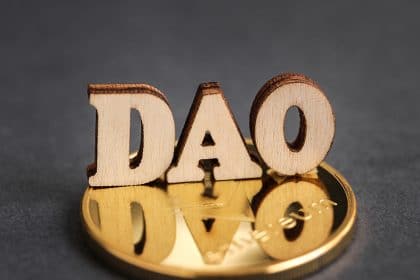
In the fintech environment, 2020 has been declared the year of the DAO. Nevertheless, most people even in 2022, who even if they have heard of the word, will have to work significantly hard to understand what it is and how to apply it.
Blockchain technology opens up many opportunities to create projects that would not be possible in the traditional financial world. In recent years, the creation of DAOs has become popular. These are decentralized autonomous organizations with rules encoded in a smart contract, which are regulated by its members. This article focuses on the features of DAO and discusses its main advantages and disadvantages.
DAO Tools
Decentralized autonomous organizations differ from traditional ones not only by their location on a blockchain. DAO is a form of collective business conduct, in which the rights and obligations of the participants are programmed by means of smart contracts. They are also exempt from the need for paperwork or record-keeping. For a DAO to function properly, several mandatory tools must be in place:
- A robust smart contract. This is a program through which DAO participants can propose ideas, vote, and manage the organization.
- A set of rules. These are spelled out in the smart contract and can only be changed through voting by DAO participants. The rules specify the provisions of the vote, the time of the vote, the required ratio of votes to win, and the distribution of the organization’s profits among the participants.
- Organization Assets. Each DAO issues its own tokens. With these, participants vote and influence the development of the project. Everyone who wants to join a DAO will have to redeem these tokens.

